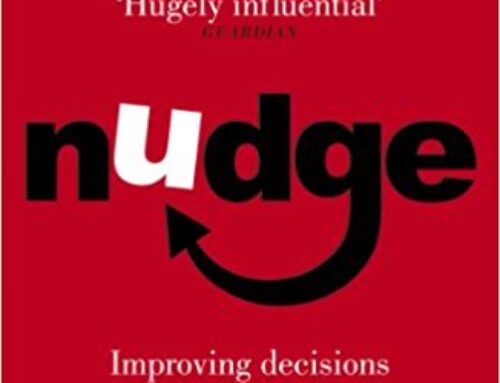From Credit Crunch to Talent Crunch
It has leapt from 22nd place in the last (2009) Index and is one of only two risks that the over 500 C-suite and board level executives surveyed felt insufficiently prepared for.
In his foreword to the report, Lloyd’s Chief Executive Dr Richard Ward uses the heading “From Credit Crunch to Talent Crunch” to highlight this change in risk-focus.
The Talent Crunch has three dimensions.
Firstly, as has long been recognised, it is an issue of numbers. As the baby boomer generation move towards retirement, they are replaced by the much smaller cohort of Generation Y. Over the next ten years, in the UK alone, employers will have 13.5 million vacancies to fill while only 7 million young people will leave education. There are simply fewer bodies available.
Secondly, beyond this sheer lack of resources, there is a shortage of skills and experience. The Lloyds Risk Index describes shortages of key skills in the Australian Mining industry as an example but many sectors struggle to fill key roles.
Thirdly, there is a question of individual preference and perspective. Research shows that Generation Y have a greater regard for autonomy and self-determination. They seem far less willing than their predecessors to hitch their life and career to a single employer.
The growth in freelancing is due, at least in part, to this last point. International Labour Organisation figures show that, over the last ten years, the number of people working on their own account has grown by 34.8% in the UK. The number of wage and salaried workers grew by only 3.9%.
The implication is that, in the “war for talent”, those seeking only to win traditional, “permanent” employees will fight ever more fiercely for a smaller piece of a smaller world.
As businesses seek to mitigate the risk of talent shortage, they will need to adopt an increasingly holistic approach to talent planning; one that recognises the important role of independent, freelance professionals as a source of strategic resourcing. Holistic Talent Planning requires that organisations look anew at which roles are truly core, permanent roles and which are better filled with “on demand” independent talent.
(Hat Tip to CEO of Ochre House Talent Management, Chris Hermannsen, for flagging this report in his blog where he discusses the problems arising from a cost-saving focused approach to HR and the need for HR to take a genuinely strategic approach to talent management.)








